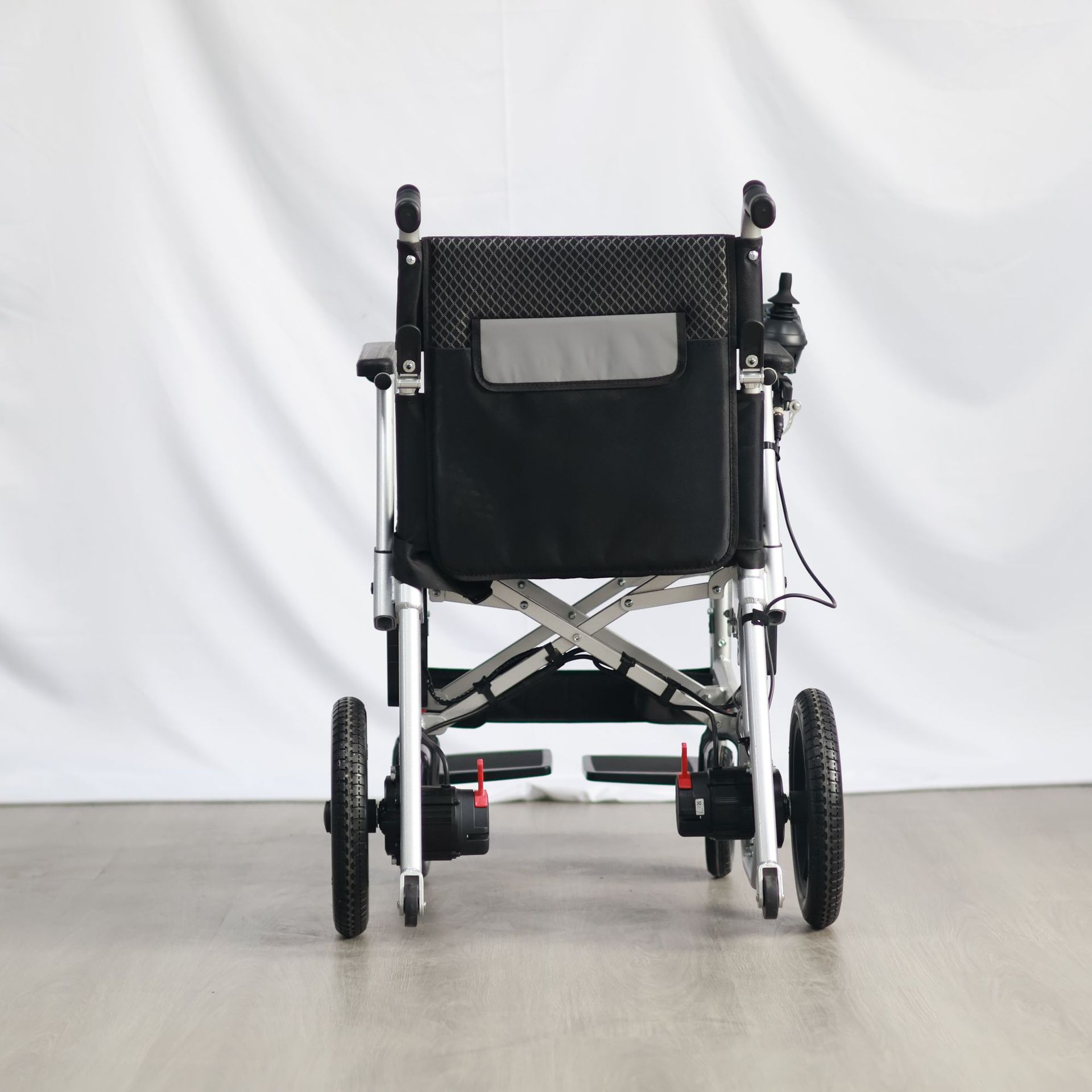Before introducing different configurations of electric wheelchairs, let’s first understand the basic structure of electric wheelchairs. Electric wheelchair is usually composed of motor, controller, battery, frame and other main parts. The motor is responsible for driving the wheels, the controller controls the speed and direction of the motor, the battery provides electric energy, and the frame supports the whole structure. Different configurations of electric wheelchairs are different in these parts, which will be introduced in detail below to help you understand.At first, 電動輪椅 It developed out of control and gradually opened up a sky of its own. https://www.hohomedical.com/collections/light-weight-wheelchair
Motor: The motor of electric wheelchair is its core component, which directly affects the performance of wheelchair. At present, the electric wheelchairs on the market usually adopt DC Motor and AC Motor. DC motor usually has a high speed and is suitable for use on flat roads, while AC motor has a large torque and is suitable for driving on ramps and uneven roads. In addition, the power of the motor is also a key factor in the selection. The greater the power, the stronger the climbing ability and load capacity of the electric wheelchair. Therefore, when choosing an electric wheelchair, it is necessary to choose the appropriate motor type and power according to the user’s needs and specific use environment. In the difference between electric wheelchairs, it is necessary to distinguish between brush motors and brushless motors, and between AC motors and DC motors.
Brushed DC motor refers to a DC motor that uses a carbon brush to contact with a rotating armature to exchange polarity and provide current. Brush provides current to armature through power supply when armature rotates, so it is also called carbon brush motor. Its advantages are simple structure and low use cost, but the brush is easy to wear and has limited service life, and at the same time, the brush will also produce electric spark interference, which will lead to high noise of the motor and is not suitable for high-precision applications.
Brushless DC motor refers to a DC motor that uses an electronic commutator to control the phase sequence of the motor, without using a brush to contact the armature. Its advantages are long life, high efficiency, low noise, stable operation and fast response, so it is widely used in high-precision application fields such as high-performance power tools and electric vehicles. Disadvantages are complex structure and high cost.